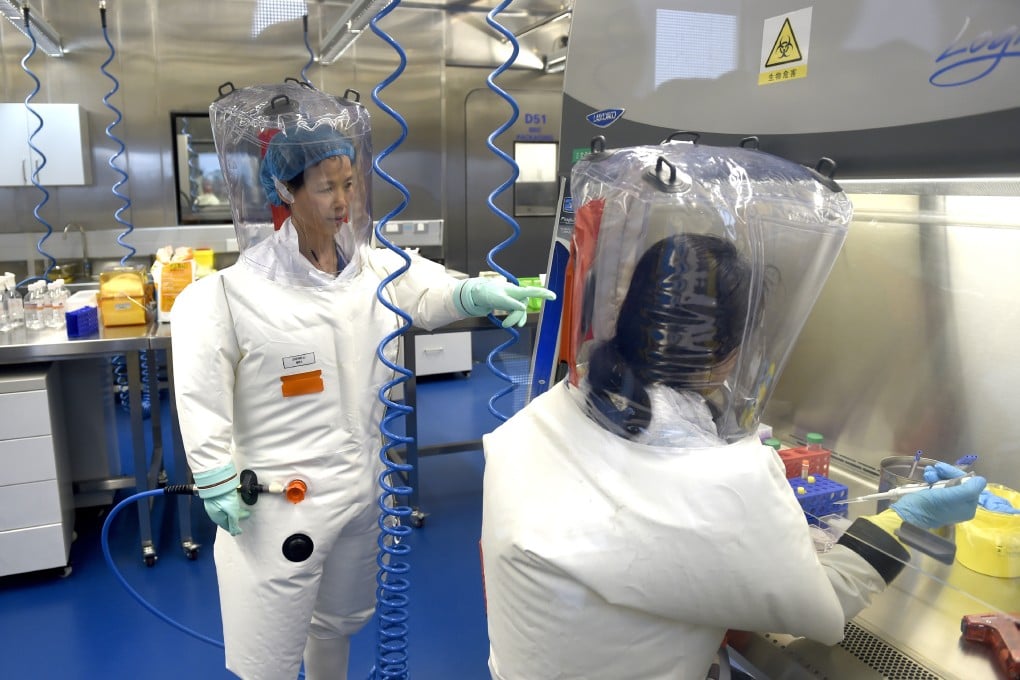Could the coronavirus have come from a lab? The theory was too quickly ruled out, scientists say
- The idea that the coronavirus emerged from a lab was hastily dismissed as a ‘crackpot’ hypothesis and ‘shoddy science’. There are those who argue that it should be given more credence

Nikolai Petrovsky was scrolling through social media after a day on the ski slopes when reports describing a mysterious cluster of pneumonia cases in Wuhan, China, caught his eye. It was early January 2020, and Petrovsky, an immunologist, was on holiday in Keystone, Colorado, which is where he goes most years with his family to flee the searingly hot summers at home in South Australia.
He was soon struck by an odd discrepancy in how the pneumonia cases were portrayed. Chinese authorities and the World Health Organization were saying there was nothing to worry about, but locals in the area, he says, were posting about “bodies being stretchered out of houses in Wuhan and police bolting apartment doors shut.”
Petrovsky is a professor at Flinders University, near Adelaide, and he is also founder and chairman of a company called Vaxine that develops immunisations for infectious diseases, among other projects. Since 2005, he’s received tens of millions of dollars in funding from the US National Institutes of Health to support the development of vaccines and compounds called adjuvants that boost their effects.
After Chinese scientists posted a draft genome of the novel coronavirus SARS-CoV-2, the disease culprit in Wuhan, Petrovsky – who by this time had put skiing on the back burner to work from his Colorado home office – directed his colleagues down under to run computer modelling studies of the viral sequence, a first step toward designing a vaccine.
This generated a startling result: the spike proteins studding SARS-CoV-2 bound more tightly to their human cell receptor, a protein called ACE2, than target receptors on any other species evaluated. In other words, SARS-CoV-2 was surprisingly well adapted to its human prey, which is unusual for a newly emerging pathogen. “Holy s***, that’s really weird,’” Petrovsky recalls thinking.
As Petrovsky considered whether SARS-CoV-2 might have emerged in lab cultures with human cells, or cells engineered to express the human ACE2 protein, a letter penned by 27 scientists appeared suddenly on February 19 in the prestigious medical journal The Lancet. The authors insisted that SARS-CoV-2 had a natural origin, and they condemned any alternative hypotheses as conspiracy theories that create only “fear, rumours, and prejudice.”